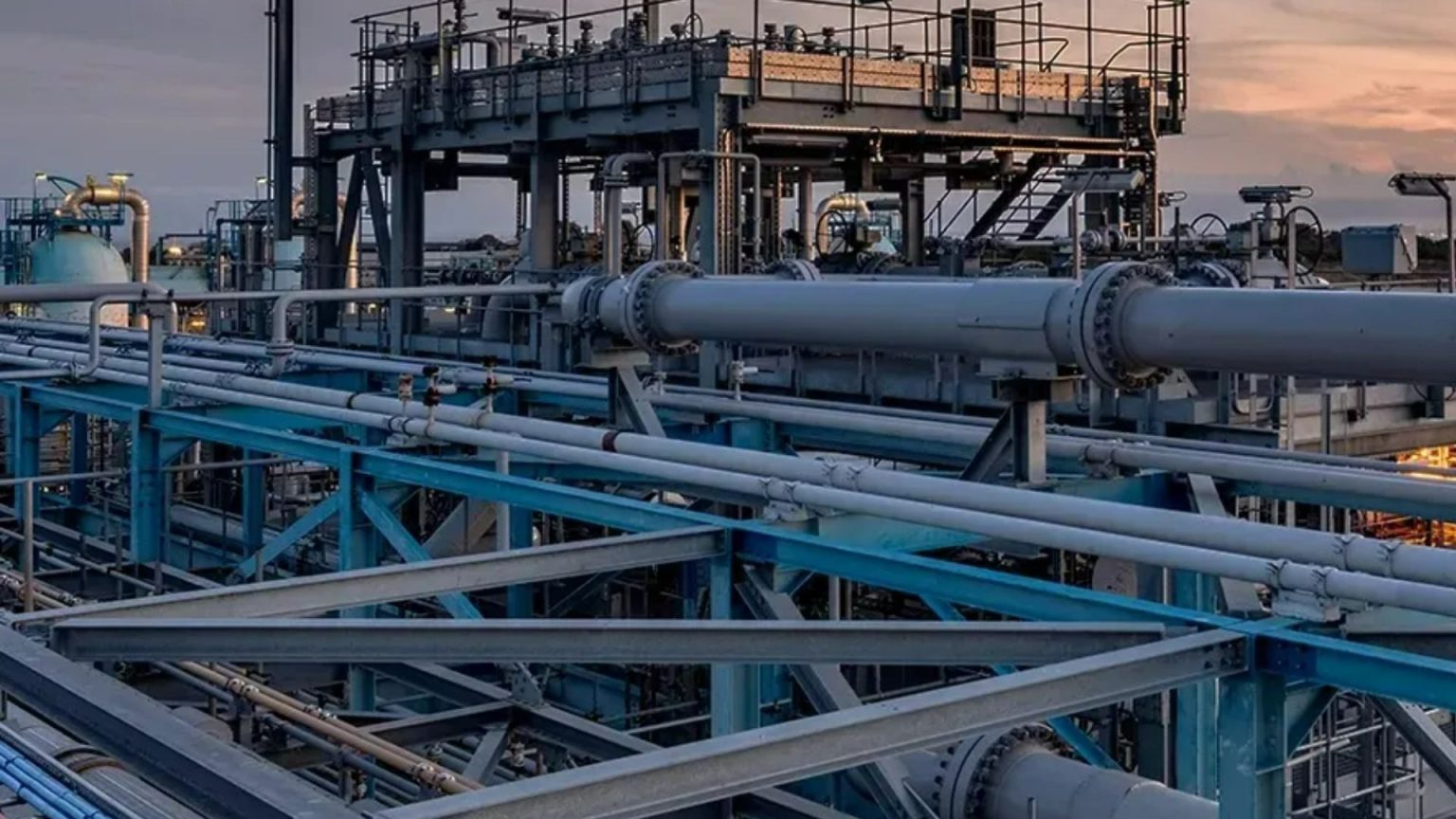The UK is facing a critical energy supply situation as a confluence of factors – plummeting temperatures, high gas prices, and increased demand – have depleted gas storage to concerningly low levels. This “perfect storm” has left the UK with less than a week’s worth of gas supply, a stark contrast to its European neighbors who have significantly higher storage capacities. The situation is further exacerbated by the cessation of Russian gas pipeline supplies through Ukraine, highlighting the fragility of relying on external sources. This energy crunch comes at a time of increased global energy insecurity, emphasizing the need for robust domestic energy solutions and strategic planning. Centrica, the owner of British Gas, has issued a stark warning, emphasizing the UK’s vulnerability and calling for immediate action to bolster energy storage capacity.
The core issue lies in the UK’s comparatively low gas storage capacity. While other European nations like France, Germany, and the Netherlands maintain storage levels ten times greater than the UK’s, Britain’s storage is currently 26% lower than it was at the same time last year. This disparity leaves the nation vulnerable to price volatility and supply disruptions, as evidenced by the current crisis. Centrica CEO Chris O’Shea has stressed the urgent need to invest in storage as an “insurance policy,” arguing that it provides critical backup when renewable sources like solar and wind power are unavailable. He has pointed out that the UK’s over-reliance on intermittent renewable energy sources without sufficient backup storage has created this precarious situation.
The current crisis underscores the vital role of gas storage in maintaining energy security. While the government has expressed confidence in the UK’s ability to meet winter energy demands, the low storage levels present a significant risk. O’Shea has argued that the UK’s energy system is overly reliant on short-term market mechanisms and lacks the long-term planning necessary for maintaining a secure and affordable energy supply. He advocates for a “cap and floor” model for long-duration energy storage, which would provide a stable investment framework for companies like Centrica to expand storage facilities. This model would set a minimum price for stored energy, guaranteeing a return on investment, and a maximum price, protecting consumers from excessive price hikes.
Centrica has proposed a substantial £2 billion investment to expand the Rough gas storage facility, the UK’s largest. This investment, however, is contingent on the government implementing the proposed “cap and floor” model. O’Shea argues that this investment would not only create thousands of jobs but also safeguard a vital national asset. Furthermore, independent research suggests that the expanded Rough facility could save consumers billions of pounds in the coming years, both by mitigating price volatility and by facilitating the transition to hydrogen storage in the future. This potential for cost savings and enhanced energy security makes the investment in Rough a compelling proposition.
The implications of the current energy crisis extend beyond immediate concerns about keeping the lights on and homes warm this winter. It highlights the strategic importance of energy security and the need for a long-term vision for the UK’s energy future. Over-reliance on fluctuating international markets and intermittent renewable sources without adequate storage capacity has left the UK vulnerable. The current situation serves as a wake-up call for a fundamental shift in energy policy, one that prioritizes investment in storage, diversification of supply sources, and a more robust domestic energy infrastructure.
The transition to a cleaner energy future must be carefully managed to avoid jeopardizing energy security. While the government’s commitment to clean power by 2030 is laudable, it must be accompanied by a pragmatic approach to ensuring a stable and affordable energy supply during the transition. Investing in gas storage, such as the expansion of the Rough facility, can serve as a crucial bridge to a future powered by renewable energy. Furthermore, the potential to convert Rough to hydrogen storage offers a compelling pathway for integrating green hydrogen into the energy mix, further enhancing long-term energy security and supporting the UK’s decarbonization goals. The current energy crisis presents a critical opportunity for the UK to rethink its energy strategy and invest in a more resilient and sustainable energy future.











